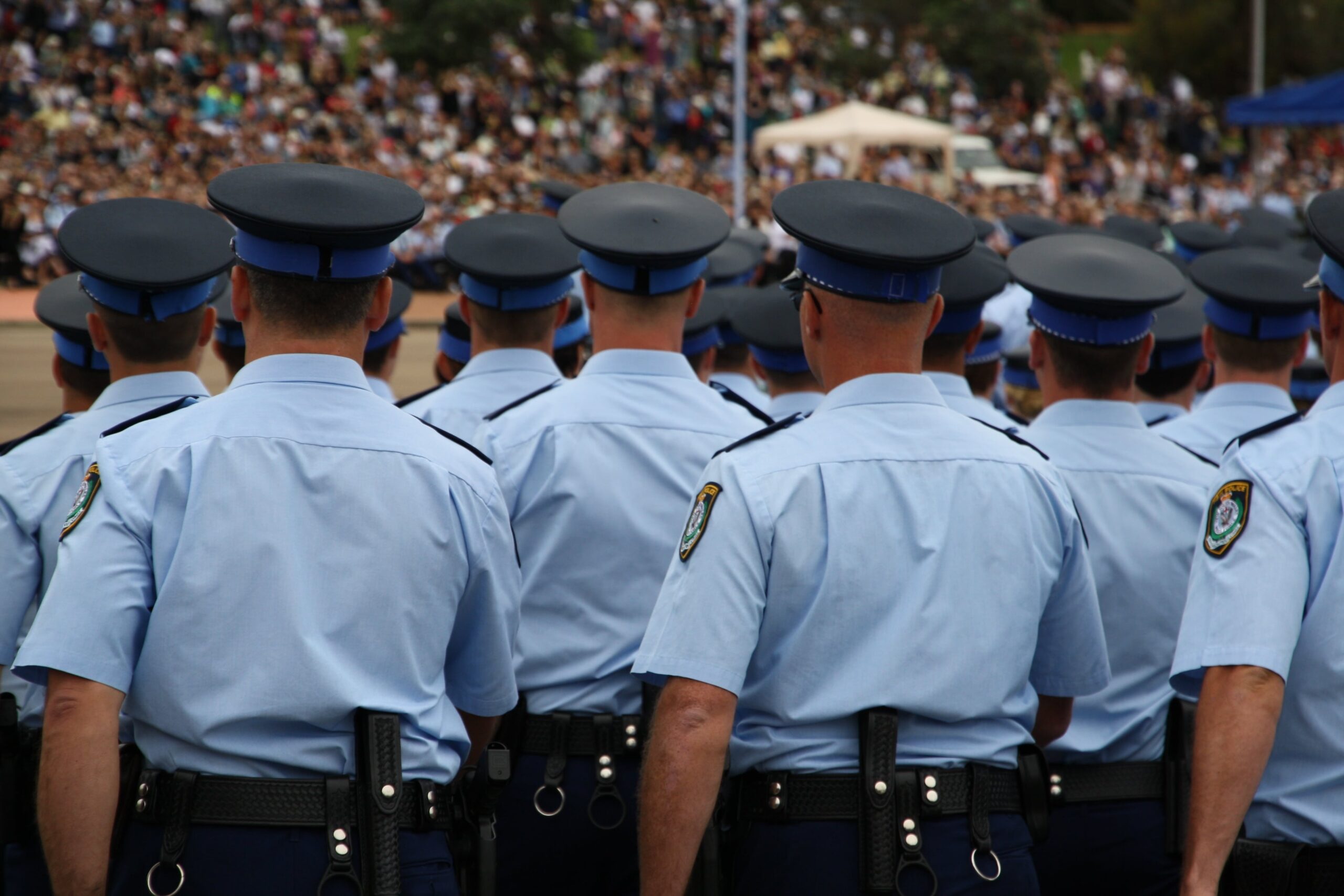Common Assault – s 61 Crimes Act 1900 (NSW)
A common assault charge in NSW is stressful given that it can result in a criminal conviction against your name affecting your work, travel and livelihood to support you and your family.
Our Sydney team of leading Criminal Defence Lawyers regularly appear in court for common assault charges with extensive experience in proving their clients innocence and achieving section 10 non convictions. This is often achieved by maximising their clients chances at getting the best possible outcome by strengthening the defence at an early stage.
Call us now on (02) 8606 2218 to book a free first consultation with an experienced Assault Defence Lawyer.
Your Options in Court
You will be found not guilty to common assault if the police are unable to prove beyond reasonable doubt that you behaved in a way with the intention to either cause injury or fear in another person, or foresaw the likelihood of causing this to the other person, but ignored the risk.
Defences to this charge
You will be found NOT GUILTY to common assault if any of the below apply to you:
- Self defence: You behaved in the way alleged to protect yourself in circumstances you feared for the safety of yourself, another person or for protection of your property. Your behaviour must be a reasonable response in the circumstances.
- Your physical contact was something generally acceptable or inevitable as conduct in daily life.
- The other person gave consent.
- Where the other person was unaware of your actions
- You did not intend to cause the injury or fear to the other person, and you did not foresee the likelihood of it occurring
- Lawful correction: You assaulted your child, and your actions were reasonable and warranted in the circumstances.
- Lawful or citizens arrest: You used reasonable force to arrest the other person.
- Duress or necessity
- Mistaken identity
Speak to a senior specialist assaults lawyer now on (02) 8606 2218 for realistic and practical advice on your best defence. Our experienced senior lawyers specialty and focus will first begin with negotiating with police to drop the charge, something we have been successful in for over 20 years with a proven track record of achieving this on countless occasions.
If you decide to plead guilty to common assault, the following is an excellent guide on how to prepare your case to maximise your chances at getting a section 10 non conviction, being the most lenient possible outcome.
25% discount on punishment
Pleading guilty to a common assault charge at the earliest time in court will allow the Judge to give you a discount on your punishment, resulting in a more lenient outcome and greater chances of section 10 non conviction. The amount of the discount then begins to reduce the later you plead guilty.
For this reason, it’s important to get urgent and realistic advice from an experienced specialist common assault lawyer for your best chances at a section 10 non conviction, even after pleading guilty to this charge.
Good character references
Good character references are letters from people in your life expressing points about you that will allow the Judge to reduce your punishment. These points include your remorse, your insight in your offending conduct, contrition, and the otherwise good things that person has personally seen you do in the time they have known you for.
Our specialist criminal lawyers regularly read and review references for their clients and will guide you with feedback for each one before handing it to the Judge. References can be from yourself, partner, family, charity, friend and employer which can even express the effect of a criminal record on your job and travel.
Negotiate to drop charges
Our team of senior lawyers have successfully convinced police to drop and even downgrade common assault charges to something less serious attracting a much more likelihood of getting section 10 non convictions, the most lenient possible outcome. We continue to maintain this proven track record by consistent, thorough and strategic negotiations with police.
Every charge has potential to being dropped or downgraded by getting an experienced specialist criminal lawyer to thoroughly analyse and pick out all the holes in the police evidence to strengthen your position when negotiating, significantly increasing the chances of success. Our senior lawyers have been doing it for years, and they do it well.
Negotiate facts
The police facts is the police version of your conduct and circumstances in committing the offence you plead guilty to. It is the document the Judge will read immediately before giving you a punishment. The Judge’s punishment will mainly depend on what is stated in the facts sheet.
The police facts sheet is often one sided, putting you out to be in the worst way, and sometimes far from the truth attracting a harsher punishment. For this reason, it’s critical to have an experienced specialist criminal lawyer to carefully read and pick out all the problems in the police evidence, then use that knowledge to negotiate the police facts to something that reflects the truth, putting you in a much much better light to the Judge, and attracting a much more lenient punishment such as a section 10 non conviction.
Psychologist reports
A powerful psychologist or psychiatrist report can allow the Judge to significantly reduce your punishment, dramatically increasing your chances of a section 10 non conviction, being the most lenient possible outcome for a plea of guilty to a common assault charge.
The reason it allows the Judge to give you a much more lenient punishment is because it can express whether or not you were suffering a mental illness at the time of the offence which can reduce your criminality in the eyes of the law, your remorse and insight, and treatment you are now receiving. It can also express your perception of why you committed the offence as an explanation, not justification.
Our specialist criminal lawyers only get these reports from the most respected and experienced psychologist and psychiatrists catered to your particular case to maximise your chances at the best outcome in court.
Maximum penalty
The maximum penalty for a charge of common assault is a term of imprisonment of up to 2 years and/or a $5,500 fine. There are other types of punishment options other than imprisonment mentioned below.
The maximum punishment is rarely given, and when it is, it is given to the most serious offenders often with lengthy criminal records of assault convictions in the past. The court will avoid full time imprisonment especially if it is your first or second offence.
Types of penalties
The Judge can give you any one of the following types of punishment, depending on the way your lawyer presents your case and the preparation work that went into it as noted in the above points:
- Section 10 Dismissal
- Conditional Release Order
- Fine
- Community Correction Order
- Intensive Correction Order
- Full Time Imprisonment
Our experienced Sydney Criminal Defence Lawyers regularly attend court with a proven track record of successfully proving their client’s innocence, getting charges dropped, and obtaining section 10 non convictions.
Call us now on (02) 8606 2218 to book a free first consultation with an experienced Assault Defence Lawyer.
FAQ
Common assault is where you behave in a way that causes injury or fear in another person.
Even if you didn’t intend to cause the injury or fear, you can still be guilty of common assault if you foresaw the likelihood of causing immediate injury or fear in another person but ignored that risk.
Common assault can be committed with or even without physical contact on an other person so long as the act you commit is a hostile one.






